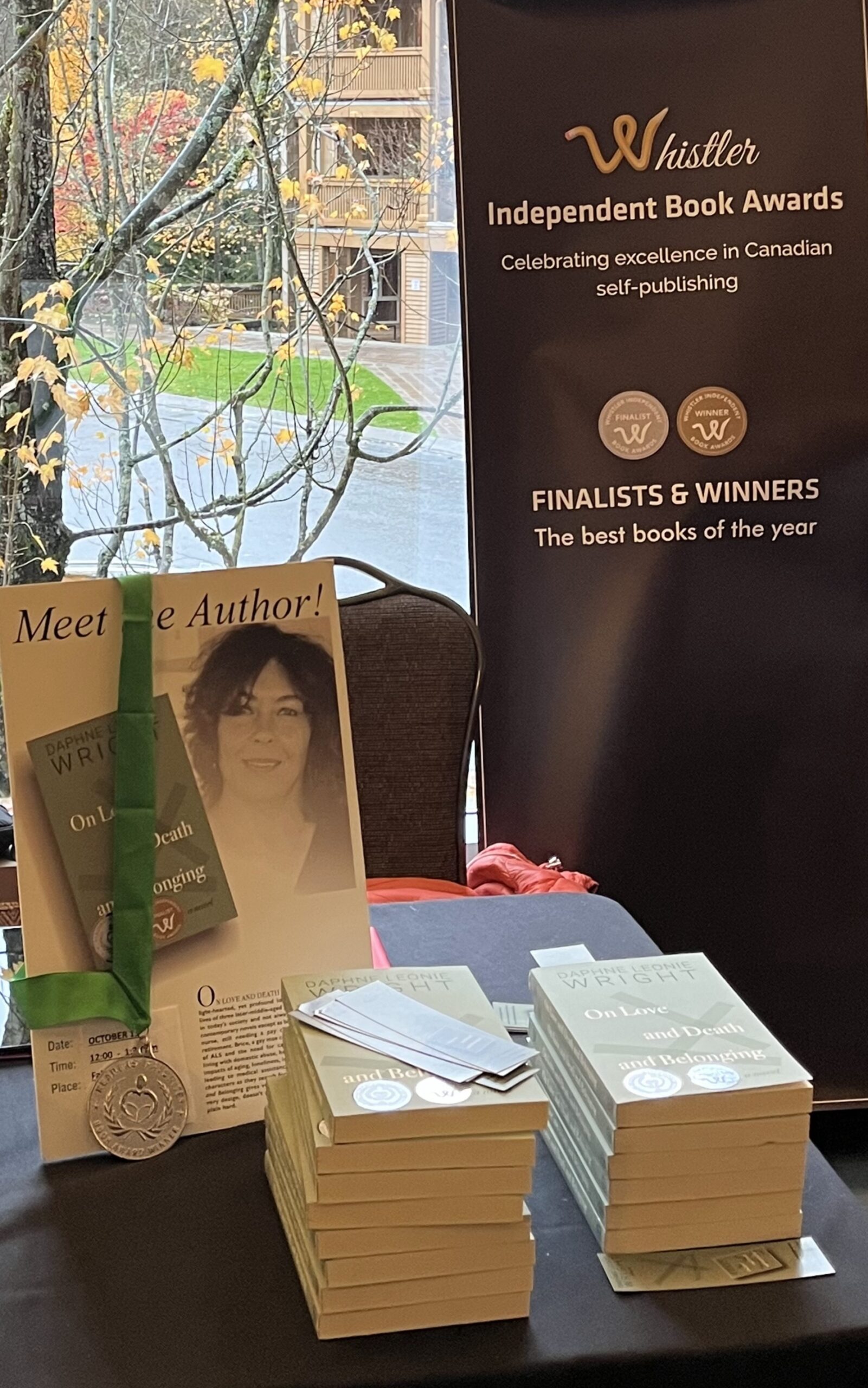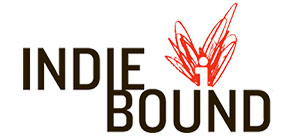
My book, On Love and Death and Belonging, deals with many issues prominent in today’s society —aging, life-limiting illness, relationships, burnout, power imbalances, religion, domestic abuse, medical assistance in dying. (For this post, in keeping with my book, I will use the acronym MAID for medical assistance in dying.)
That’s a lot of heavy stuff packed into one fictional novel. But please know, it’s told with a generous sprinkling of laugh-out-loud moments. As a retired GP wrote to me: “On Love and Death and Belonging is written with empathy and humour. The ending leaves me feeling hopeful.” Such wonderful words for an author to hear.
What I’m posting today is how I came to write about one of the main topics in my book, medical assistance in dying. Or more accurately, how my character’s choice to have a medically assisted death, had me exploring the emotions, societal and religious beliefs, the moral and ethical dilemmas and the how-tos that come when a person or their loved one, chooses MAID.
Some facts at the time of this writing. Medical assistance in dying has been available in Canada since 2016. As of 2022, 3% of all Canadian deaths have been by MAID. Victoria BC, has the greatest number of medically assisted deaths to date in Canada. There are strict criteria on who is able to access MAID. As MAID becomes more accepted and available, the numbers of people choosing a medically assisted death most likely will grow.
In On Love and Death and Belonging, I wanted to explore just how our beliefs around medical assistance in dying have us either accepting it or rejecting it. And how, despite our differences, we might be able to come together to understand each other’s views on the subject. As with anything, not all of us will agree, but we can come to accept.
There are many different reasons as to why someone may disagree with MAID. Some of these reasons may involve religious teachings; difficulty changing our minds about something once considered illegal; the fear of losing someone we love; the belief that life is the end goal even in the face of death.
So, how does the person choosing MAID accept their decision? How do we come to accept someone’s choice to end their life by medical assistance in dying? How do we come to accept those that can’t agree with or support a person’s decision to have a medically assisted death? And how can we accept ourselves if ever faced with such a life-altering decision as choosing MAID? All hard questions to answer. But questions that need answering. For sadly, some of us may be diagnosed or have a loved one diagnosed with a terminal illness. An illness that might result in the choice to have a medically assisted death.
As noted, On Love and Death and Belonging is a work of fiction. I have used both my personal experiences and the experiences I’ve had a as a healthcare provider to inform the writing of this book. I’ve also researched medical assistance in dying in Canada. And as a long-time Vancouverite, I have followed MAID since the Sue Rodriquez case. Many readers have been told me that On Love and Death and Belonging is an accurate portrayal of medical assistance in dying.
Let me say a few words about fiction. Fiction gives access into other worlds. Fiction teaches us. Fiction helps us understand and empathize with another’s experience(s). And hopefully, fiction can give us insight on how to accept, even when we don’t agree.
I hope this is the case for the reader of On Love and Death and Belonging as it relates to the issue of medical assistance in dying. For really, isn’t that one of the greatest things about being human? Our ability to empathize and accept even as we disagree. For we, as human beings, need to cherish our loved ones as they make their way along. In this death-denying society, acceptance of the right of someone’s decision to choose MAID, whether we believe in that decision or not, gives us space to support, to heal, to love.
‘till next time
Daphne Leonie Wright









